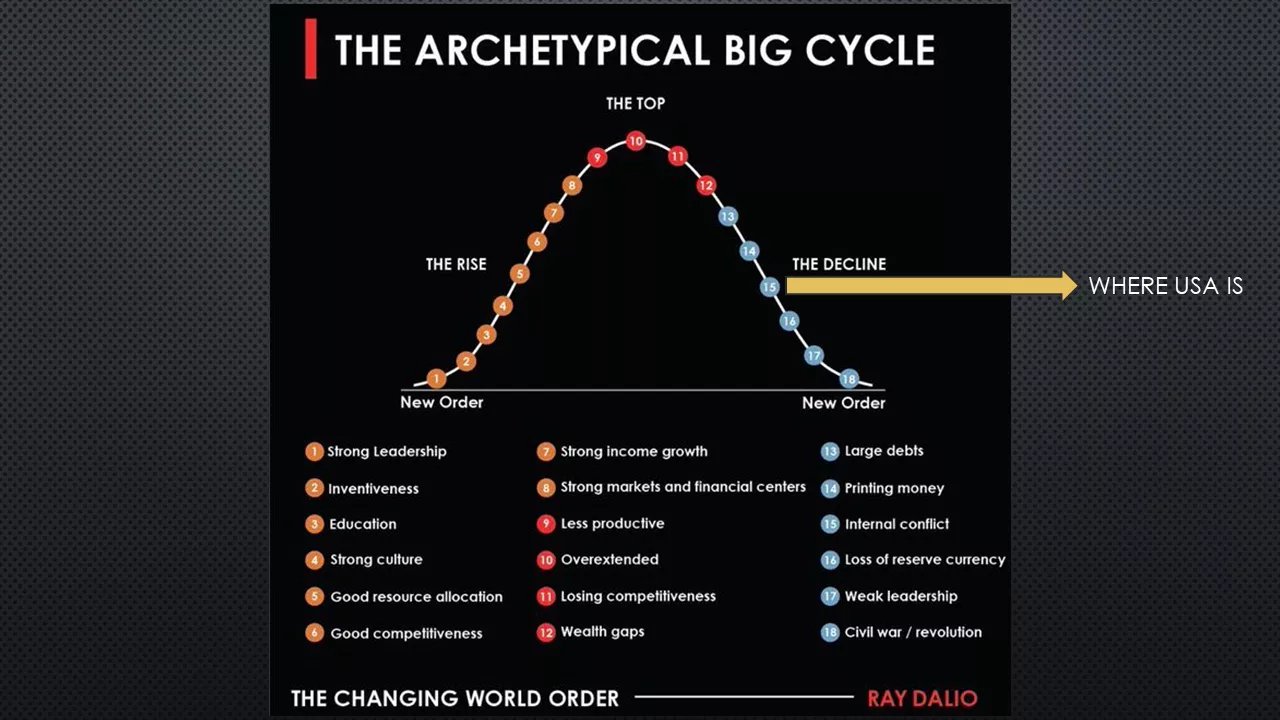In the intricate tapestry of global politics, India finds itself at a pivotal crossroads. As the most populous nation and the fastest-growing major economy, India must navigate the treacherous waters of geopolitical dynamics with unwavering resolve. The United States, with its far-reaching tentacles of influence, presents both opportunities and challenges that demand careful consideration.
The Allure of the American Empire
At first glance, the United States appears benign and benevolent, a beacon of opportunity for the average Indian citizen. However, a closer examination reveals a more calculated agenda that disproportionately benefits Washington. The brain drain phenomenon, where India’s brightest minds are lured to American shores, deprives the nation of invaluable intellectual capital. Moreover, the monopolisation of Indian consumer and tech markets by American corporations stifles the growth of indigenous companies, rendering the country vulnerable to potential sanctions.
Exploiting Cheap Labour and Perpetuating Colonial Models
The disparity in wages between Indian and American workers is a glaring manifestation of a neo-colonial model. Indian software professionals, earning a mere $20 an hour, fuel the billions in profits reaped by American corporations. This inequity echoes the exploitative practices of the past, raising concerns about the true nature of this economic partnership.
The Weapons Trade and Geopolitical Entanglement
India’s burgeoning arms trade with the United States adds another layer of complexity. Expensive weapons systems, often overpriced and susceptible to counterattacks, strain India’s resources while enriching the American military-industrial complex. Furthermore, the United States’ strategic maneuvering to position India against China threatens to ensnare the nation in a conflict detrimental to both regional powers, ultimately benefiting American hegemony.
The American Fantasy: A Devastating War Across Asia
In the dark recesses of the American psyche, a chilling fantasy emerges – a massive war across Asia. In this dystopian vision, nations like Japan, Australia, the Philippines, and India would join forces to attack China. The ensuing devastation would mirror the aftermath of World War II in Europe, leaving all combatants exhausted and vulnerable. It is at this opportune moment that the United States would swoop in as a self-proclaimed saviour, defeat a weakened China, and impose its dominance upon the region under the guise of preserving peace and order.
The Cycle of Empires and America’s Decline
However, the reality of America’s own decline cannot be ignored. As renowned economist Ray Dalio’s analysis of empire cycles suggests, the United States finds itself mired in a blend of internal conflict and weak leadership – stages 15 and 17 of the imperial cycle. The looming loss of reserve currency status portends a potential descent into civil war, casting doubt on the nation’s ability to sustain its global ambitions.
India’s Path Forward: Multipolar Cooperation and Strategic Autonomy
To safeguard its sovereignty and advance its interests, India must chart a judicious course. Strengthening cooperation with the Global South presents a viable alternative. By fostering trade ties with Asian nations, leveraging China’s expertise in infrastructure and manufacturing, accessing energy resources from the Middle East and Russia, and pursuing mutual development with Africa, India can forge a multipolar world order that better aligns with its aspirations.
While maintaining strategic relations with the United States and the European Union is prudent, India must remain vigilant against their propensity for wars, neoliberal/financialized economics, and pernicious social ideologies that could undermine its cultural fabric and national interests.
As India navigates the treacherous geopolitical landscape, it must exercise caution and discernment. The allure of the American empire, while seductive on the surface, harbours underlying agendas that could compromise India’s sovereignty and impede its ascent as a global power. By embracing multipolar cooperation, fostering strategic autonomy, and safeguarding its cultural and economic interests, India can chart a course that transcends the trap of hegemonic subjugation and paves the way for a truly independent and prosperous future.



